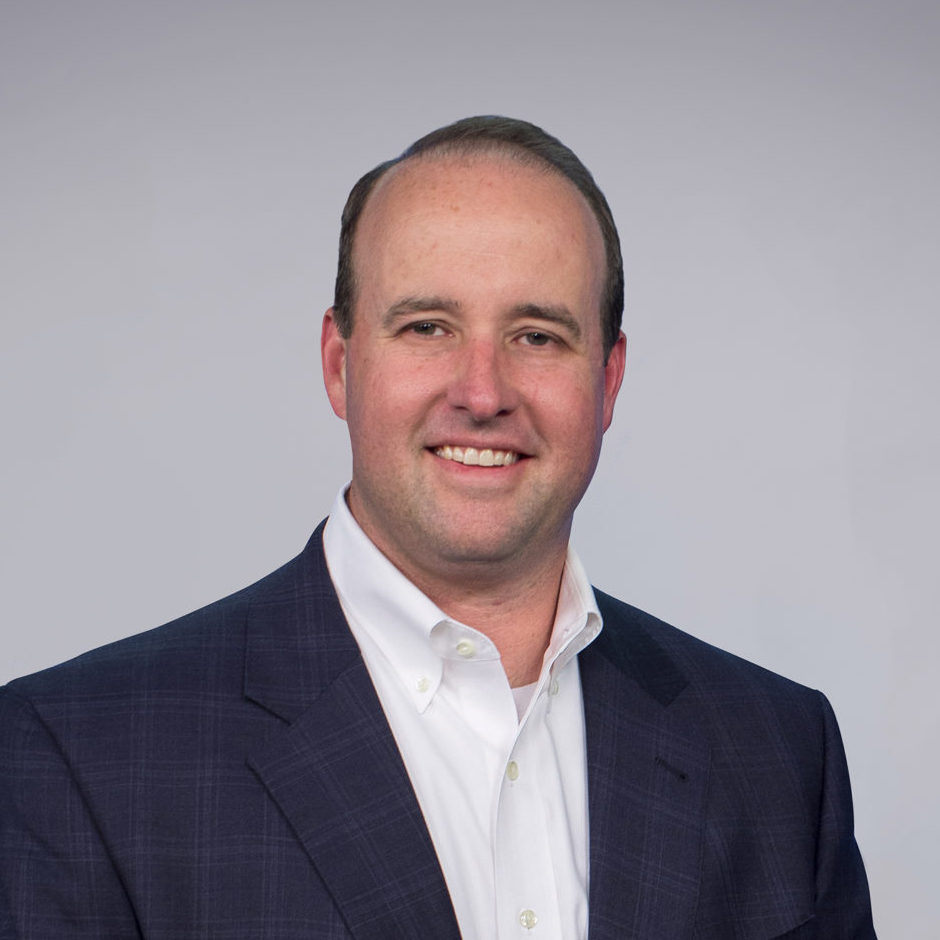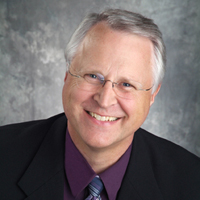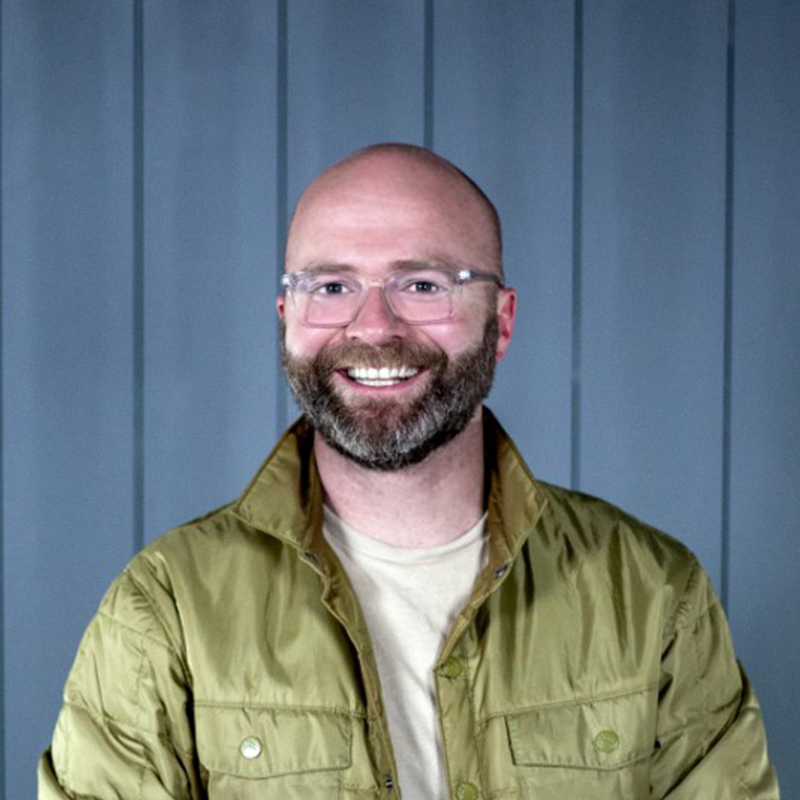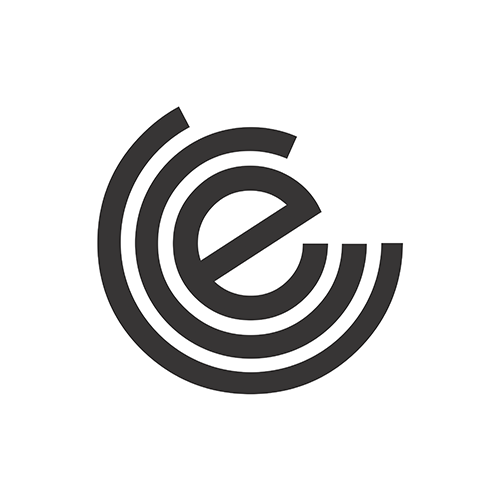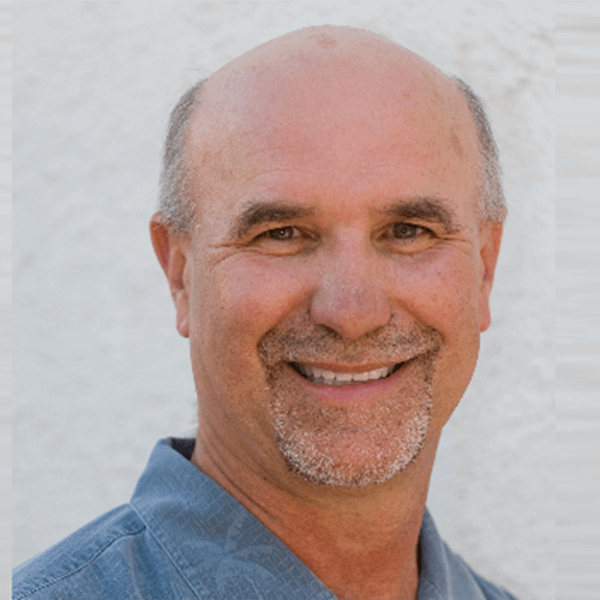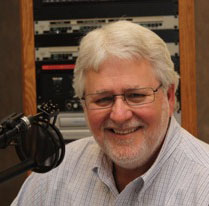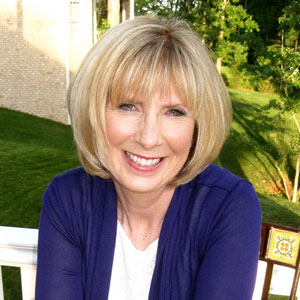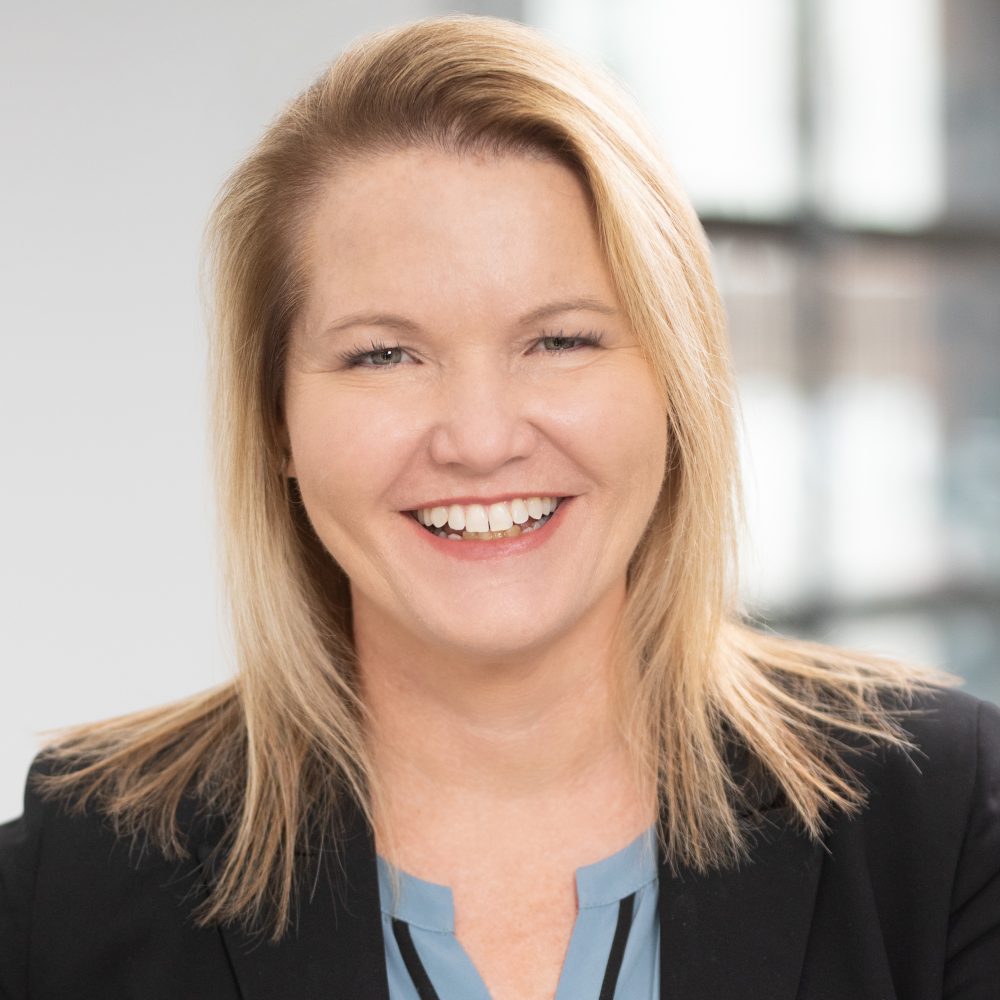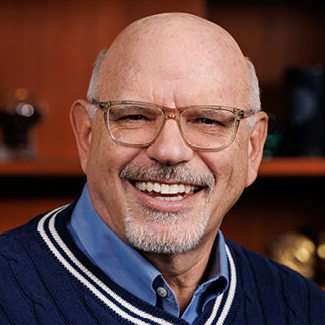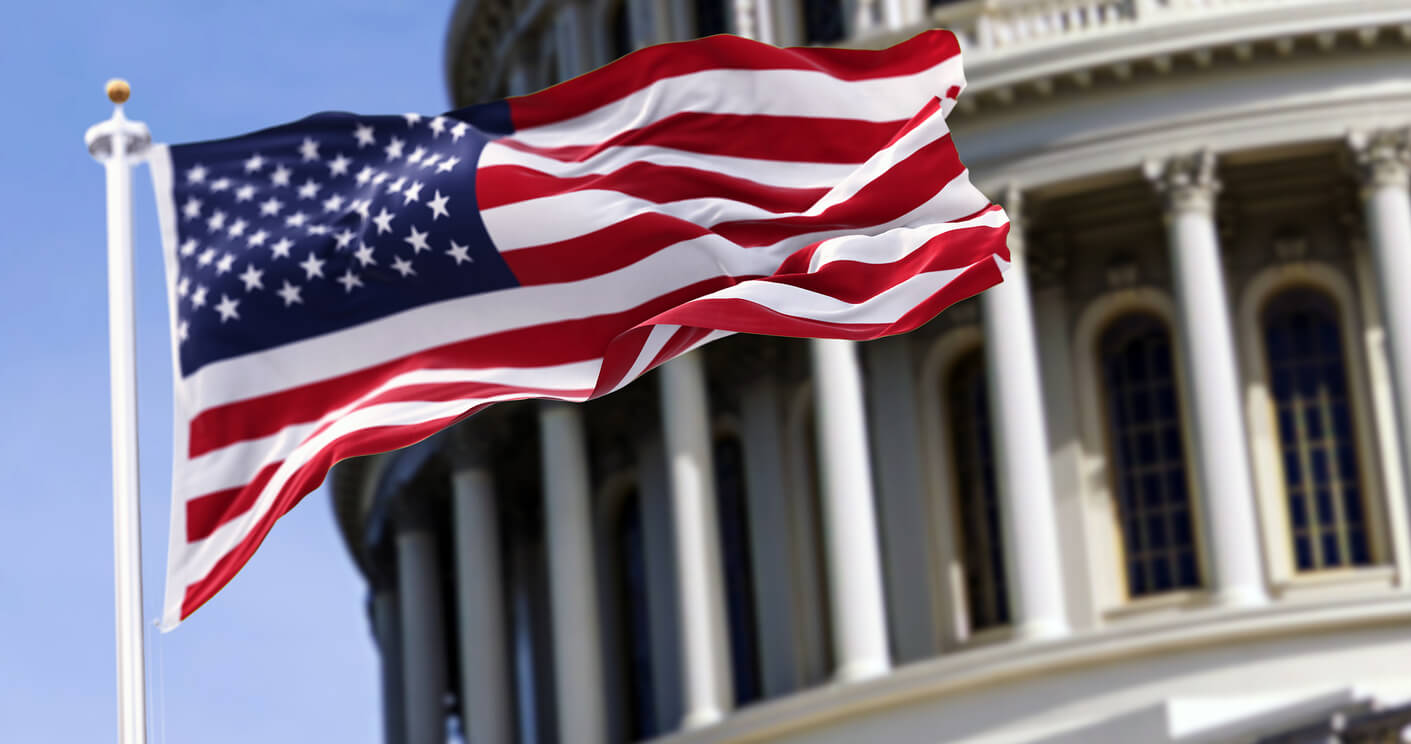“We hold these truths to be self–evident, that all men are created equal, that they are endowed by their Creator with certain unalienable Rights…”
That statement, that claim, that declaration depends on a number of shared presuppositions.
We hold; these truths; to be self-evident; that all men; are created equal; endowed by their Creator; with certain unalienable rights.
So let’s start at the end and work our way back.
- Certain unalienable rights–many of our contemporary conversations swirl around the issue of rights. My rights and your rights and where those two collide. But you cannot get to a conversation about rights if the foundations of that conversation has been undermined. We frustrate ourselves when we attempt to construct a world where individualism reigns supreme and where freedom is not grounded in our common humanity as creatures, in right view of a Creator who is sovereign over all.
- Endowed by their Creator–the Declaration of Independence presupposes a shared or common belief that God is, God created, and human beings are the pinnacle of God’s good Creation. Human beings are the only creatures who bear God’s image and who are endowed with rights that are unalienable, intrinsic, and equal –which takes us back another step: to the words “created” and “equal.”
- Created equal –the conversations of the day related to race, abortion, assisted suicide, disability, medical ethics, slavery, human trafficking, pornography, immigration, AI and virtually every other ethical/political debate are rightly grounded right here in the reality that all of us are created equally in the image of the Creator God. We stand on equal footing in Creation, at the Cross and in the Kingdom. That equality has often been misunderstood and misapplied but it is real, persistent and unassailable. And, backing up two more words, it is fully inclusive of all people.
- All men–not some, but all. Not one ethnicity, but all. And not just men, but also women. And not just adults, but also children. And not just citizens, but also aliens. And not just the healthy, but the infirm. And not just young, but the elderly. Not just the married but the single, and the childless and the widow. The orphan, the refugee, the criminal, the homeless, the mentally ill, the addicted, the outcast, the unwanted and the unlovely. Each of them and all of them. We see that, right? When we look with the perspective of the Father, when we look with the perspective of heaven, when we look with the perspective of eternity, we see that, right? It’s self-evident, right? That’s a presupposition of “We the people.” We are not independent of “all” of them but inclusive of “all” of them. That’s self-evident, right?
- Self-evident-that which is not hidden and does not require special information or revelation. It is obvious to all who bother to pause and consider it. And that we are humble enough to concede to the reality of a substantial truth beyond ourselves, our current urges and our current circumstances. This may actually be the heaviest lift of the entire opening sentence of The Declaration because it requires the individual to do something. It requires us to think and consider and evaluate and, in humility, yield to the reality of a Creator God and to the reality of the Created order and to the ordering of life aligned with God’s character and His ways. Which leads us to the next word: Truth.
- These truths-truth exists whether we acknowledge it or not. Truth is a transcendental reality. It is inescapable. It is persistent and consistent. Many suppress it and others deny it but Truth does not go away. Truth is and Truth holds –but what happens when the collective “we” no longer hold to Truth?
- We hold–what do we hold today and who are “we?” What do “we” hold as true Truth today? In a culture where each person presumes to hold their own truth and little is held as Truth for all, we find ourselves talking past one another in a seemingly endless battle over rights –staking out ground against one another so as to have enough space to live something foreign in generations past: our own truth. If you have your own truth and I have my own truth, we do not hold the same truth –it is no longerself-evident because it is self-centered and not God centered. Our equality falls apart because it is an equality dependent upon the individual’s ability to allow the other to hold truths that everyone beyond the individual can clearly see are not true. It requires we participate in lies and live by lies and our very nature resists that.
- In the end, the Truth holds whether or not we the people continue to hold to the self-evident truths upon which we once built a nation of freedom, liberty and justice for all.
The next time you find yourself at odds with another person, consider starting with a conversation about presuppositions –what CAN we agree on? What do we agree on? Where is our place of common understanding about God, Creation, human beings and our shared humanity and calling in life?
We may well have to go back to rebuilding the foundations, in order that we can go forward in building the future filled with hope God has planned.




